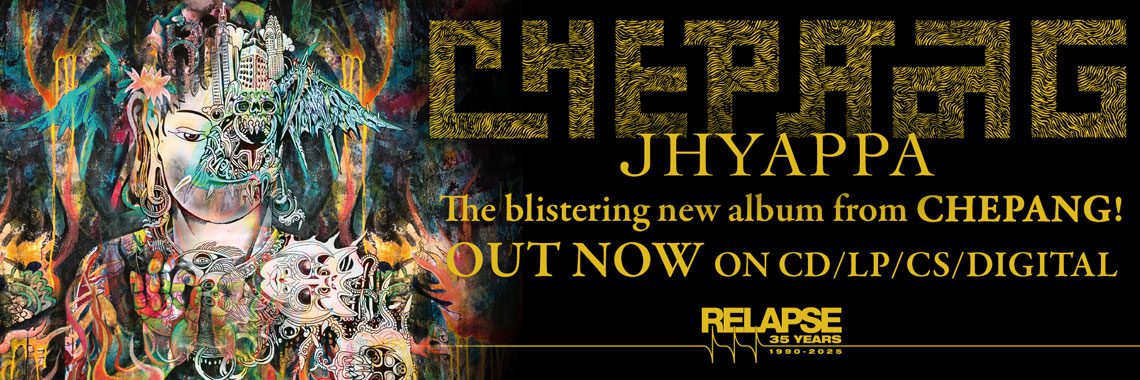
Where they from?
Seattle, Washington. Fun fact: during World War I, U.S. maritime shipping on the eastern seaboard was greatly interfered with due to the ensuing submarine warfare as part of the Battle of the Atlantic, which lead to the Pacific coasts of the United States seeing a boon in shipping and other maritime industries during the war. Once the war ended, ship-building became unsubsidized by the U.S. government, which actually lead to economic stagnation and depression in the Rain City while the rest of the country experienced an economic upsurge in the years immediately following WWI.
What do they sound like?
The vocals scream bloody gore, but trust me when I say this is some serious, big-boy death/grind.
Why the hype?
Since I’ve started writing this column over a year ago, I’ve very rarely come across an album tI know it’s gonna be an absolute banger from the first few seconds. Too many bands insist on prolonged noise intros or finding any and every way possible to dance around the fact that they don’t have any riffs. But not this one. What did it for me was the guitar tone and the overall production, so sharp and slicing, perfectly maximized to just absolutely kill the listener. The drums have the perfect amount of reverb, tinny snare and clearly this is a drummer who very much is in a race to see if he can exceeded the velocity of bands like Sulfuric Cautery, who just so happen to be on the other side of this split. There is a plethora of goregrind bands making their way through the scene nowadays but this one is pretty much better than all of them, to be honest.
Latest release:
Split with Sulfuric Cautery. You know a grind band is on the right track when the micro songs (plural) are actually some of your favorite. Also, some of the breakdowns really remind me of Brodequin who are one of the few slam metal bands who utilize that genre’s trappings correctly. Real recognize real.







